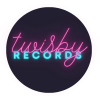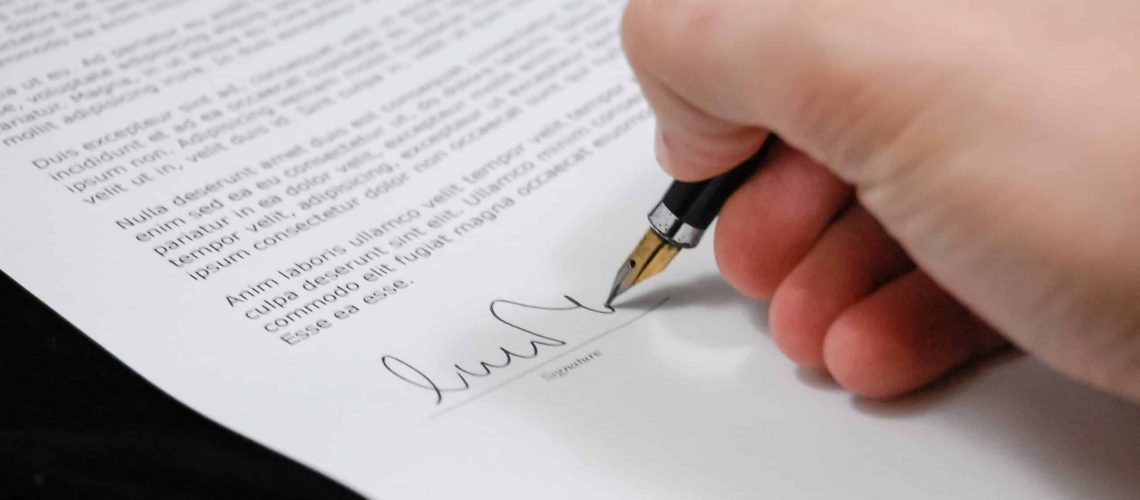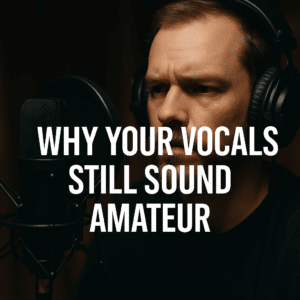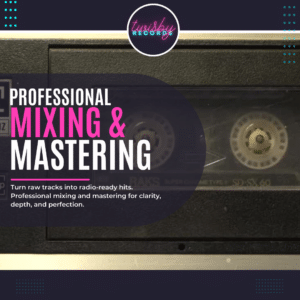I’ve watched this happen too many times.
An artist starts catching traction, streaming checks, show offers, maybe a sync inquiry, and they’re still running everything under their personal name. No protection, no structure, no plan.
It feels harmless, until one email or one payment changes everything.
Someone wants to license a song, a venue needs a W-9, or a deal needs an EIN, and you realize you’re not ready.
Before we get started, if you are looking for information on HOW to set up an LLC we recommend checking out our post LLC for Music Artists | How to Set Up Your Business and Protect Your Career as this post is just to talk about the benefits of setting up an LLC.
If you make music and want it to be more than a hobby, you need an LLC.
Not someday. Not when you “make it.” Now.
Table of Contents
When Your Art Starts Making Money, Your Risks Increase
Every musician puts off the business stuff. You tell yourself you’ll handle it later, after you’ve got more fans or more streams. You don’t want to mess with forms and fees when you could be recording.
But the second you start earning from your art, you’re already a business.
The problem is, you’re also the owner, accountant, and liability sponge all rolled into one.
If you crash your van on tour and someone gets hurt, they can come after your savings.
If a collaborator sues, it’s your personal money on the line.
If a contract goes bad, your studio gear can be fair game.
The only instance where you may still be personally liable would be copyright infringement, but even then it’s on a case by case basis, and well you shouldn’t do that anyways.
An LLC separates you from your business. It’s the wall that keeps one mistake from destroying everything you’ve built.
What an LLC Actually Does for You
Forget the jargon.
An LLC (Limited Liability Company) is just a legal barrier between your personal life and your music business.
When you have one:
- Your personal assets are protected if your business gets sued.
- You can open a business bank account and separate music income from life expenses.
- You can collect payments professionally under your company name.
- You can write off gear, studio time, ads, travel, and more as legitimate expenses.
- You look like a pro when labels, venues, or licensing companies check who they’re paying.
It’s simple paperwork that makes a massive difference.
And the moment you start getting paid for your art, it becomes essential.
The Session That Taught Me Everything
A few years ago, I worked with a duo that was doing everything right musically.
Great songs. Growing fanbase. Spotify finally sending checks.
Then a licensing company reached out, wanted to use one of their songs in a Netflix show.
Ten grand. Easy deal.
The company asked for their EIN number.
They didn’t have one.
They tried to file for an LLC that night, but government paperwork doesn’t move at midnight.
By the time everything was approved, the show had already picked another song.
Weeks later, a scam distributor uploaded one of their singles under a fake account and collected royalties.
Without an LLC, they had no clear way to prove ownership fast enough.
I’ll never forget the look on their faces when they realized how much one missing document cost them.
That’s why I talk about this like it’s urgent, because it is.
Why Waiting Costs You More Than Money
Every artist I know wants to stay creative, not corporate.
I get that. You don’t want to be “the paperwork person.”
But here’s the truth nobody tells you: the business side is what lets the art survive.
An LLC isn’t about selling out.
It’s about protecting what makes you you.
When you form one, you’re saying “I take my craft seriously enough to build a wall around it.”
It’s a small step that keeps your dream from becoming someone else’s property later.
How to Set Up Your LLC (The Easy Way)
You can do it all yourself, or you can use a service that gets it done right the first time.
Here’s what I tell every artist I work with:
1. Pick your LLC name.
Use your artist name or something simple like “YourName Music LLC.”
2. File it properly.
You can go through your state’s website or use a trusted service like ZenBusiness. They’ll file everything for you and make sure it’s legal in your state.
You can start here: form your LLC today.
3. Get your EIN.
It’s free on the IRS website. Think of it like a social security number for your business.
4. Open a business bank account.
Run every show payment, royalty, or merch sale through that account. Keep your personal money separate.
5. Track your expenses.
Every plug-in, flight, or mic stand you buy for your music is now a deductible expense.
6.Use your LLC for everything business-related.
Contracts, invoices, sync deals, live show payments it all flows through the company.
This isn’t about pretending you’re bigger than you are.
It’s about being ready when the call comes.
Liability Isn’t Just a Buzzword
Picture this.
Your band plays a local festival. The stage collapses, someone gets injured, and the organizer’s lawyer starts making calls.
If you don’t have an LLC, that lawsuit lands in your lap personally.
With one, the worst case scenario ends at the business.
Your car, your home, your savings, untouchable.
That’s why it’s called limited liability.
It limits the damage to what the business owns, not what you own.
You hope it never matters.
But if it ever does, you’ll be thankful you set it up.
I had a buddy get sued because a lady tripped over a cable ramp, and he LOST! It wasn’t even his cable ramp!
Taxes and the Musician’s Reality
I’m not an accountant, but I’ve seen enough artists panic during tax season to know this:
Running your music through an LLC makes everything cleaner.
Instead of dumping all your music money into your personal account and hoping for the best, you’ll have a clear trail.
You can deduct:
- Studio time
- Gear purchases
- Travel and lodging for gigs
- Ad spend and promo
- Education and coaching related to your career
That adds up, AND it has depreciating value so you can claim those losses for multiple years in a row on your personal taxes.
The government actually expects you to run your career like a business, might as well get rewarded for doing it right.
If you want the simplest route, use ZenBusiness. They’ll handle the setup so you can focus on what you’re good at.
Branding and Credibility
There’s another layer people forget: perception.
When you hand someone a contract, invoice, or email signature that says YourName Music LLC, it changes how you’re treated.
You go from “hobbyist” to “professional.”
It sounds small, but I’ve seen it make the difference between getting ignored and getting paid.
And it matters when you apply for sync licensing, grants, or partnerships.
Everyone in this industry wants to work with people who have their stuff together.
An LLC shows that you do.
The Mistakes I’ve Seen Too Many Times
I’ve seen artists sign deals in their personal names and lose control of their catalog.
I’ve seen tax penalties wipe out a year’s worth of income.
I’ve seen bands split over money because there was no written agreement.
Every one of those stories started with the same line: “We were going to handle that later.”
Later always costs more.
Questions I Get All the Time
Do I need an LLC if I’m not making money yet?
Yes. It’s easier to set it up before the money starts coming in. When things finally move, you’ll be ready. You just need to be sure you have the ability to afford a professional to file your taxes ($700-$1100) but don’t worry, that’s all tax deductible.
And with LLC’s being a pass through tax structure, it’s better to do it without income, as your tax deductions can carry to your personal taxes over multiple years.
Can a record label be an LLC?
Yes, and most small ones are. It’s how they protect themselves and the artists they work with.
Should my band have one shared LLC or separate ones?
You can share one, just define who owns what. If anyone goes solo later, they can form their own.
Does it help with taxes?
Absolutely. It lets you write off music expenses and simplifies bookkeeping. All of the guitars and gear you already own, you can transfer over to the LLC as “assets” and the initial price of those instuments are now tax deductible. For all of the following years their value will depreciate, which is also tax deductible. Those tax benefits get passed down to your personal taxes.
How much does it cost?
Usually $100–$300 depending on your state.
If you don’t want to mess with the forms, file through ZenBusiness. It takes about ten minutes.
Is an LLC better than being a sole proprietor?
Yes. A sole proprietor takes all the risk personally. An LLC shields you and looks more professional.
The Real Lesson
You don’t need to be famous to treat your career like it matters.
You just need to start acting like your art deserves protection.
Forming an LLC isn’t about red tape. It’s about ownership — of your music, your money, your future.
Don’t wait for a label or a lawsuit to teach you that lesson.
Handle it today, while it’s still easy.
Get it done here, then get back to what actually matters: making music that feels honest.
















